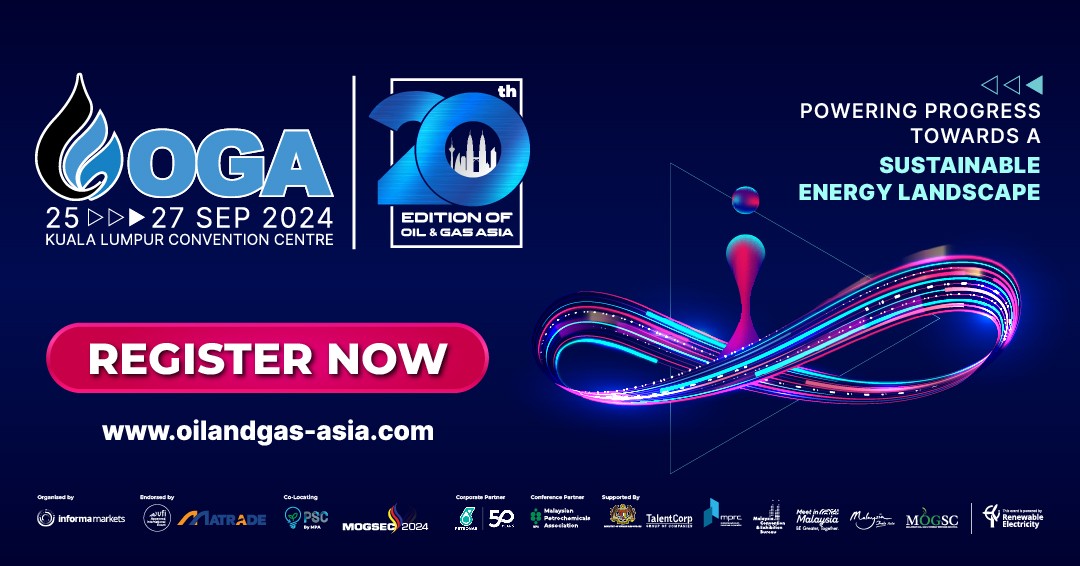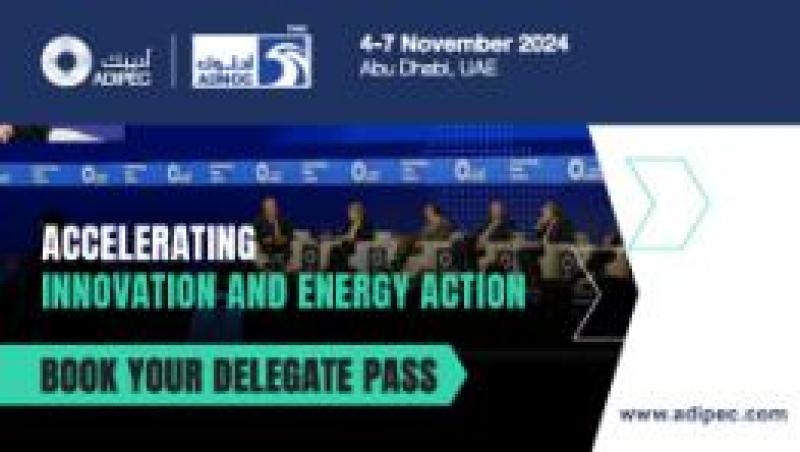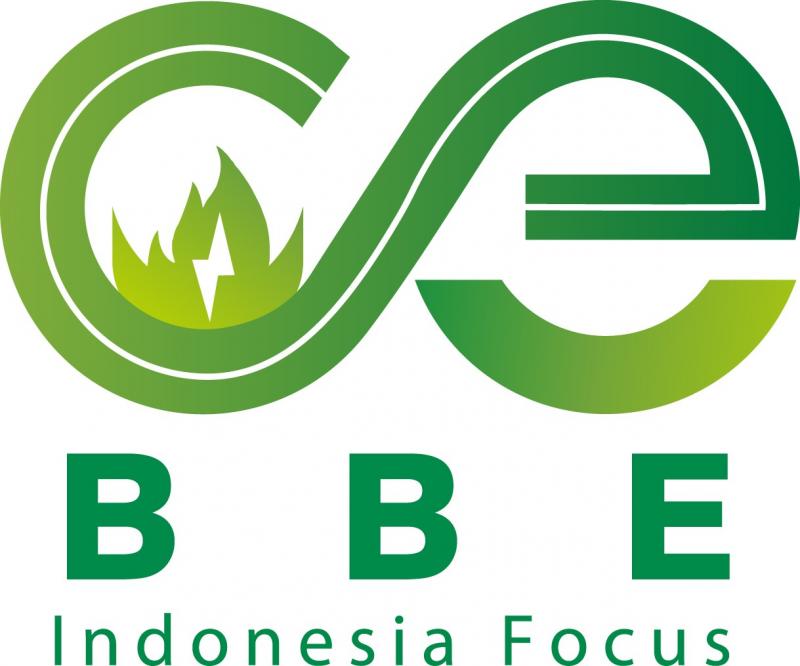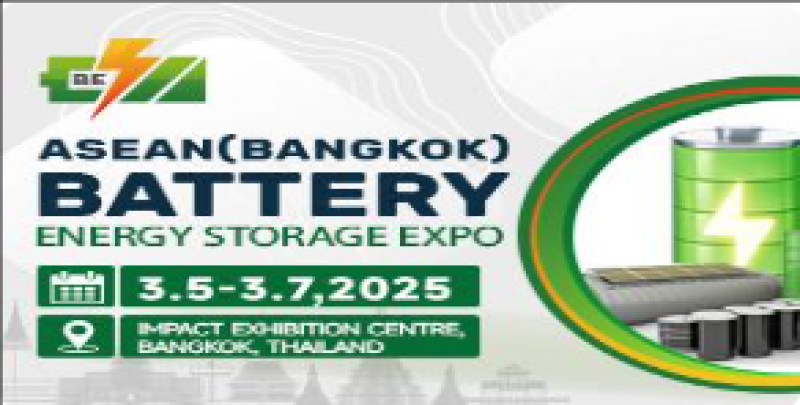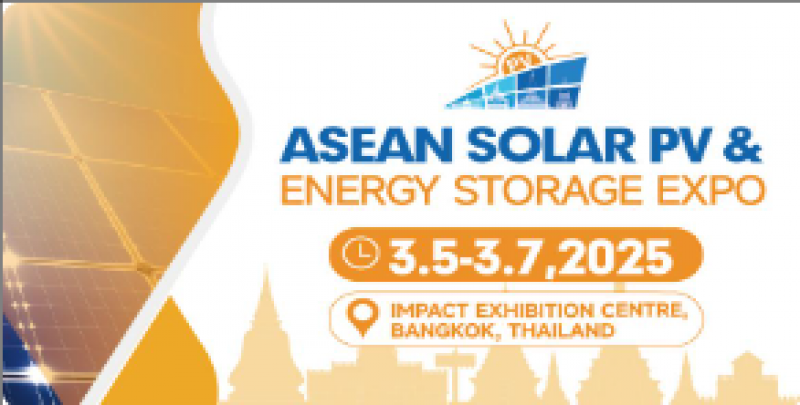The Asian Development Bank (ADB) is helping the government of Maldives to develop a waste-to-energy (WTE) plant.
ADB has issued a $73.39 million concessional loan and grant to Maldives to develop the $151.13 million plant.
ADB is providing a $40 million loan as cofinancing whilst the Japan Fund for the Joint Crediting Mechanism will provide a $10 million grant to finance expenditures related to WTE design and construction, contingencies, and consulting services for the certification of greenhouse gas emission reduction from the WTE plant.
ADB is also providing a $500,000 grant for the institutional capacity strengthening of MOE and EPA. The Government of Maldives will contribute $27.74 million to the project.
The funding will enable the development of a waste treatment facility using WTE technology and disposal infrastructure for the Greater Malé region and neighbouring outer islands.
Greater Malé and its neighbouring 32 outer islands – which host 86 tourist resorts – suffer from severe environmental pollution and deteriorating livability due to inadequate collection and haphazard disposal of solid waste.
Up to 830 tons per day (tpd) of solid waste are generated in the area and dumped or burned at the 10-hectare dump site on Thilafushi island.
The WTE plant will have a capacity of 500 tpd, 2 treatment lines of 250 tpd each, an 8MW electricity surplus energy recovery facility, an air pollution control system, and a landfill for safe disposal of air pollution control residues and non-marketable incineration bottom ash.
The project will produce renewable energy to address the critical land and electricity constraints of the island.
All facilities will adopt disaster- and climate-resilient features to respond to future disaster and climate change threats, such as sea level rise.
ADB Urban Development Specialist for South Asia Luca Di Mario, said: “The project will significantly improve Maldives’ solid waste management through the provision of efficient and sustainable treatment and disposal infrastructure.
“The WTE facility will be a pivotal component of an integrated solid waste management system, which will improve public and environmental health, especially ocean health.”

